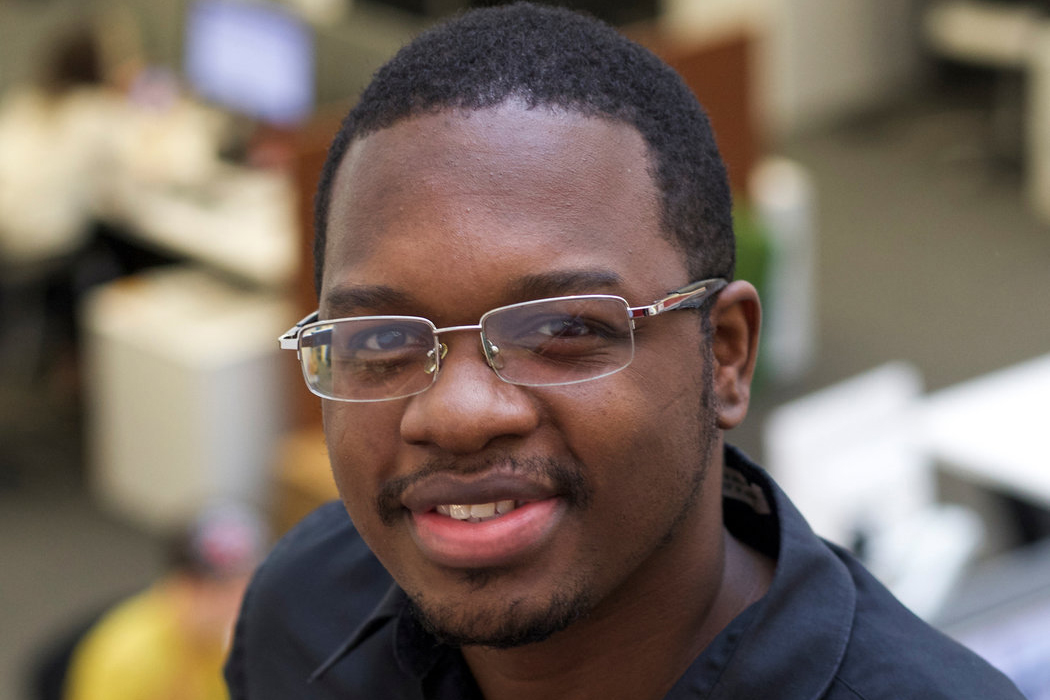Former Mayoral Candidate Calls Out de Blasio Over Half-Priced MetroCards
Many low-income New Yorkers find it expensive to ride mass transit. An effort to offer reduced-fare cards to them was nixed by Mayor de Blasio, who said said the city cannot afford it. Residents weigh in on the debate.


